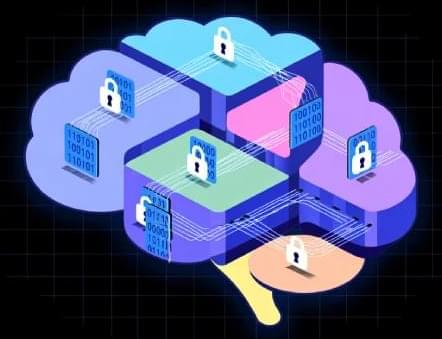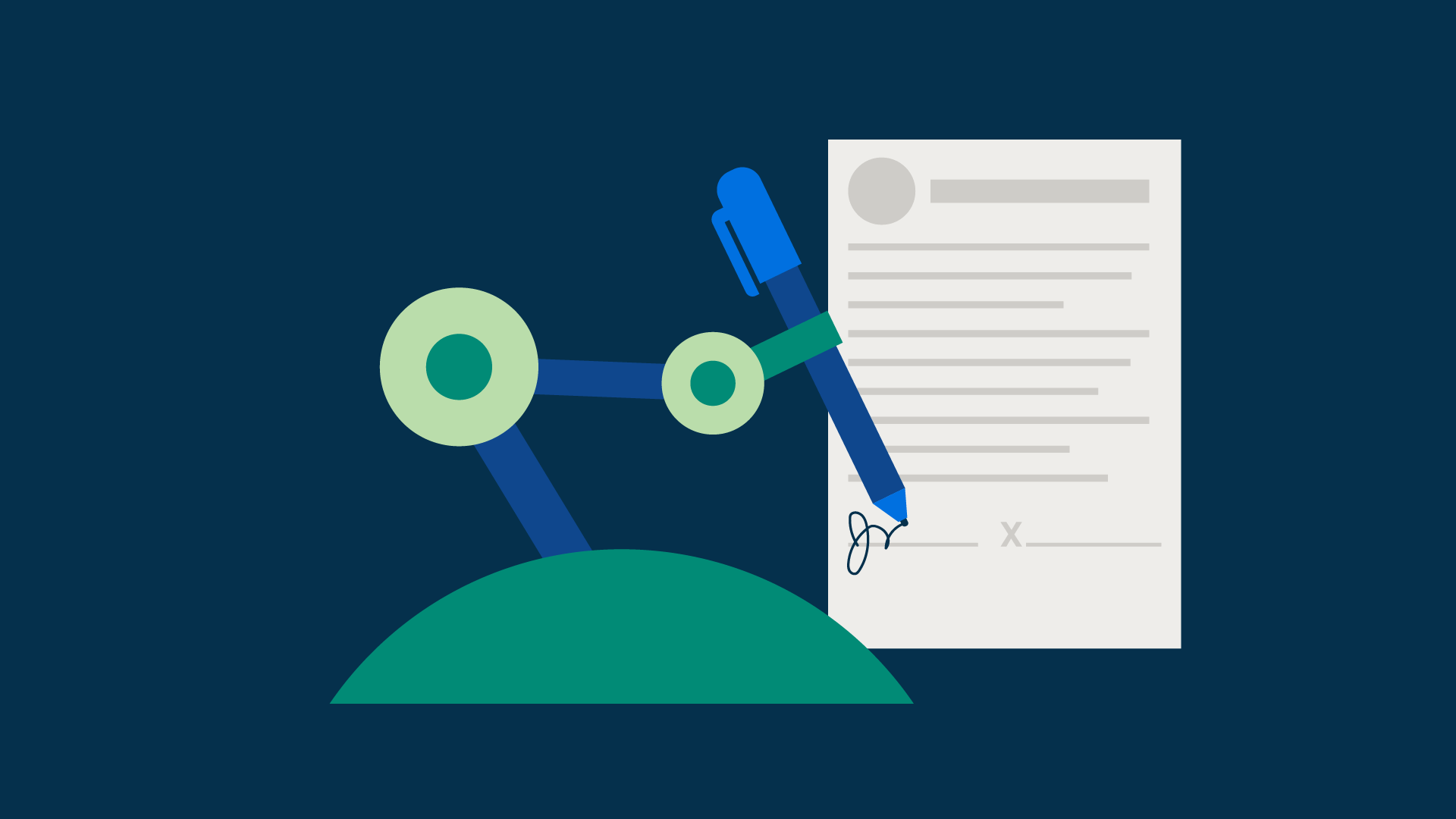Questions to inspire discussion.
💼 Q: How could Elon Musk’s ownership stake in Tesla change with this package? A: Musk’s ownership could increase to over 25% if he achieves all 12 tranches, potentially taking 10 years to complete, with voting rights granted earlier upon milestone achievement.
📊 Q: What is the significance of the proxy vote on September 15th? A: The proxy vote determines share count and equity incentive plan, potentially giving Musk voting rights for remaining shares from the 2018 package, accelerating his path to 20% ownership.
Tesla’s Growth and Profitability Targets.
📈 Q: What is Tesla’s final profitability target in the compensation plan? A: The plan targets $400 billion in EBITDA, comparable to Meta, Alphabet, and Microsoft at their $8.5 trillion market cap, suggesting Tesla’s potential value could reach $15–16 trillion.
🚗 Q: What are the specific product-related milestones in the plan? A: Key milestones include 20 million vehicles delivered, 10 million FSD subscriptions, 1 million robo taxis deployed, and 1 million bots delivered over a 5–10 year timeframe.



